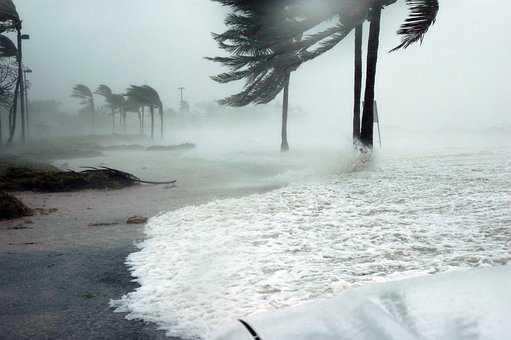Do we actually grow from adversity?
Curated from: bigthink.com
Ideas, facts & insights covering these topics:
3 ideas
·468 reads
1
Explore the World's Best Ideas
Join today and uncover 100+ curated journeys from 50+ topics. Unlock access to our mobile app with extensive features.
The silver lining of tragedies
In our culture, there's this idea that going through a disaster can be good for you and make you stronger.
After experiencing loss or trauma, people usually report feeling a greater appreciation for life, closer relationships; they feel stronger, more spiritual and more inspired.
57
172 reads
Post-traumatic growth
The narrative of growth from adversity might sound convincing, but it's difficult to collect reliable data on people before and after they've experienced trauma.
Studies found that people are not very good at accurately remembering what they were like before a traumatic event. When they think they have experienced growth, it might just be a coping mechanism. Those who reported personal growth after a tragedy were more likely to continue to experience symptoms of post-traumatic stress.
57
164 reads
People can grow from adversity
It can be problematic to embrace the idea that personal growth and resilience are typical outcomes of adversity.
Not everyone is stronger after a traumatic event. However, the support of family, friends, and communities in the wake of a traumatic event, plays a significant role in growing from it.
49
132 reads
IDEAS CURATED BY
A good night sleep and a helathy morning routine is what I work on constantly.
Katherine L.'s ideas are part of this journey:
Learn more about personaldevelopment with this collection
How to strengthen your willpower
How to overcome temptation and distractions
The role of motivation in willpower
Related collections
Similar ideas
7 ideas
How to Be Better at Stress
nytimes.com
8 ideas
Post-Traumatic Growth: Finding Meaning and Creativity in Adversity
blogs.scientificamerican.com
4 ideas
Read & Learn
20x Faster
without
deepstash
with
deepstash
with
deepstash
Personalized microlearning
—
100+ Learning Journeys
—
Access to 200,000+ ideas
—
Access to the mobile app
—
Unlimited idea saving
—
—
Unlimited history
—
—
Unlimited listening to ideas
—
—
Downloading & offline access
—
—
Supercharge your mind with one idea per day
Enter your email and spend 1 minute every day to learn something new.
I agree to receive email updates

